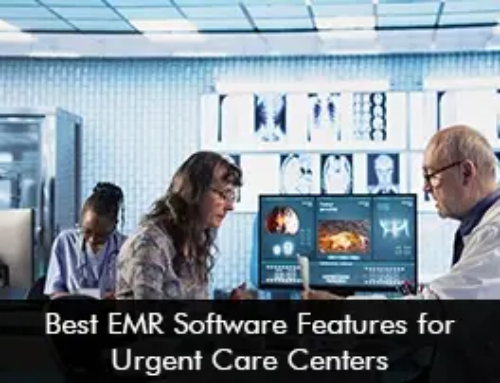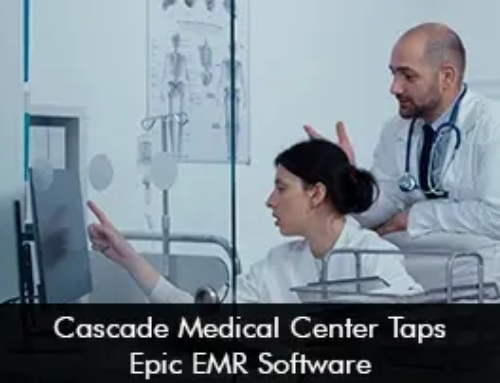When healthcare software systems are integrated they provide great performance as these support seamless communication for effective patient care. When software solutions are incapable of sharing and transmitting important data with each other then it can result in workflow ineffectiveness and reduce the productivity levels. This can affect the ability of the healthcare provider to have easy access to crucial patient records including medical history which can hinder the patient care process. Integration is a crucial part of healthcare systems to make way for integrated health care by the easy share of information between care members.
The Need for Integration and Interoperability in Medical Software Systems
Your Electronic Medical Records (EMR) Software system must provide interoperability options for providers to access all vital information and share it easily to promote care coordination.
- Increased Patient Safety – The most important reason that your practice depends upon integration is because you need maximum patient safety and cannot compromise on your patients’ health. Interoperable EHR software solutions help providers make the best medical decisions for their patients through data available regarding medications, medical history, past allergies, and medical procedures. When your EMR software system imports this important data there is no need for staff members to type out the crucial information which helps to eliminate any errors and medical mistakes from missing out on important data.
- Links Different Providers – By getting better interoperability or integration healthcare providers can easily connect with healthcare specialists by sharing patient information and data with them to decide on the best treatment path. Integration supports care coordination between which ultimately enhances patient outcome levels. The easy flow of information across different systems and providers result in the best care process.
- Supports Practice Efficiencies -When software systems talk to each other seamlessly then you can expect practice efficiencies as all medical software systems can be effectively used by staff members to improve the patient journey. The software systems or technology that is used includes; Billing Services (EMR) Software, Patient Portal (EMR) Software, and Patient Scheduling (EMR) Software. With integrated software technology all systems work in harmony to keep patients satisfied at every point of care and also reduce the risk of human errors.
- Meets Reporting Requirements -Integration also fulfills reporting requirements as providers and medical staff members can easily extract data regarding patient insurance verification and treatment protocols to achieve MIPS and MACRA quality reporting requirements.
- Support Decision Making – Quick lifesaving decisions can be made by healthcare professionals when they can get a whole snapshot of an individual patient’s EHR Software. The complete information regarding allergies, history, and medications can also be shared with the ER. Integration of data offers value to providers to support accurate decision making.
Conclusion
Technology and healthcare software systems are good but they are of minimum benefit if they don’t offer interoperability and integration options. If systems are not connected then data cannot be shared freely which can result in workflow inefficiencies and harm patient care. Your practice should aim to look for a software system that offers seamless integration for streamlined workflows and to result in meaningful connections between concerned parties in the healthcare sector. Integration is the only practical and scalable solution to enhance communication and support better clinical and patient health outcomes.








